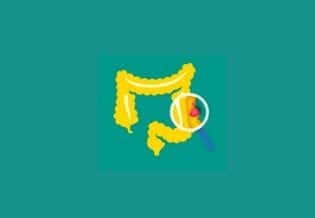Aim and Scope
Comprehensive coverage of colorectal cancer research and clinical practice.
Defining Excellence in Colorectal Oncology Publishing
Colon And Rectal Cancer publishes original research, reviews, and clinical studies spanning the complete spectrum of colorectal malignancies—from molecular mechanisms and genetic foundations to surgical innovations and systemic therapies.
Our journal seeks to publish research that advances understanding of colorectal cancer biology, prevention, diagnosis, and treatment while maintaining clinical relevance for oncology practitioners. We emphasize translational research bridging laboratory discoveries with clinical applications.
Cancer Biology
- Molecular pathways and driver mutations
- Tumor microenvironment interactions
- Metastasis mechanisms
- Biomarker discovery and validation
- Genetic and epigenetic alterations
Surgical Oncology
- Minimally invasive techniques
- Robotic colorectal surgery
- Total mesorectal excision optimization
- Organ preservation strategies
- Enhanced recovery protocols
Medical Oncology
- Chemotherapy regimens and combinations
- Targeted therapy advances
- Immunotherapy for colorectal cancer
- Neoadjuvant and adjuvant strategies
- Treatment resistance mechanisms
Prevention & Screening
- Colonoscopy quality and outcomes
- Non-invasive screening methods
- High-risk population management
- Lifestyle and chemoprevention
- Lynch syndrome surveillance
Emerging Topics: We actively seek research on liquid biopsy applications, ctDNA monitoring, precision oncology approaches, quality of life outcomes, and health disparities in colorectal cancer care.
Original Research
Full-length articles reporting novel findings from clinical trials, observational studies, or translational investigations.
Reviews
Systematic reviews, meta-analyses, and narrative reviews synthesizing current evidence in colorectal oncology.
Case Reports
Detailed clinical cases demonstrating unusual presentations or novel therapeutic approaches.
Perspectives
Expert commentaries on emerging topics and clinical practice controversies.
Share Your Research
Submit your colorectal cancer research to advance oncology globally.


